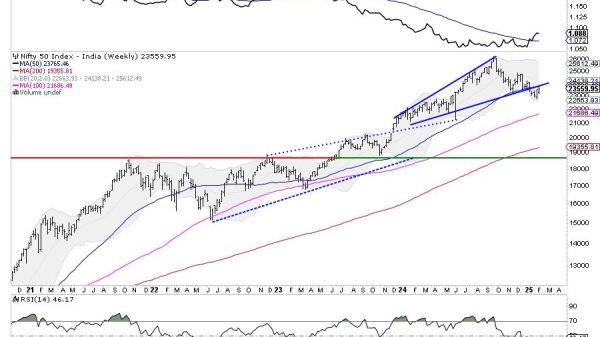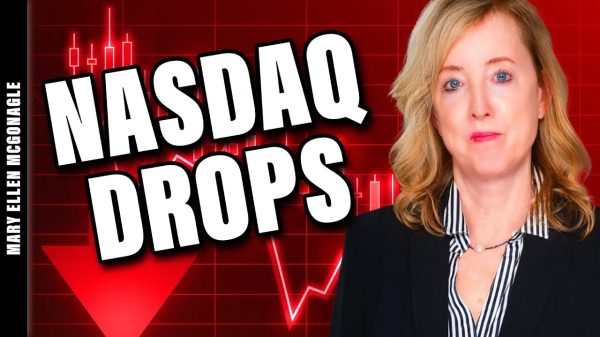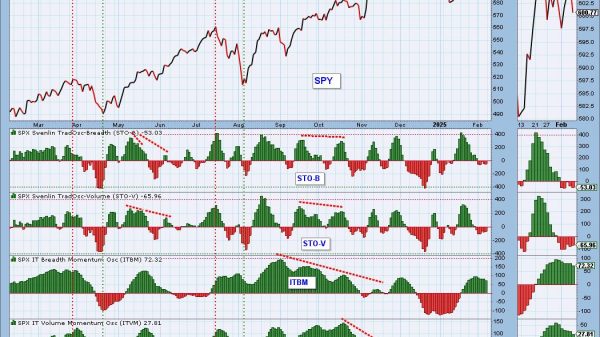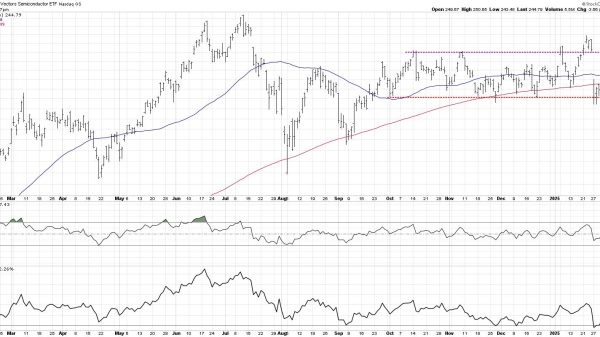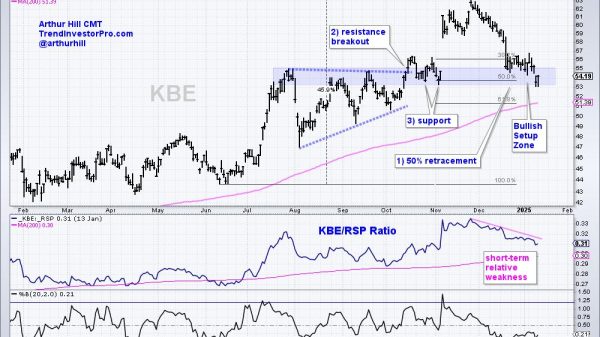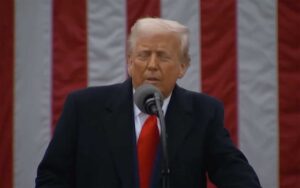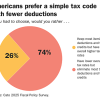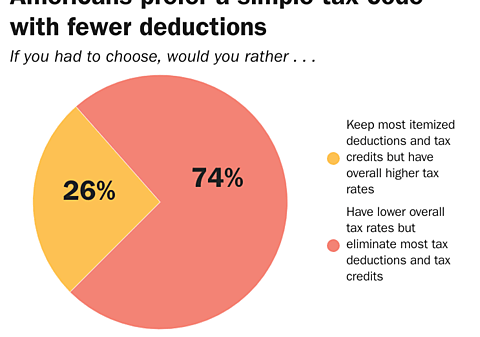
President Donald Trump’s sweeping new tariffs on global imports — including a 10% charge on all UK goods — have triggered fears of a global trade war, with wide-ranging implications for UK consumers, investors and businesses.
While the UK’s tariff rate is lower than that faced by some countries, the knock-on effects could still be significant — from higher prices and rising inflation to weaker pensions, lower interest rates, and job losses in key sectors.
Will prices rise?
At this stage, the UK has not introduced retaliatory tariffs on US imports, meaning American goods entering the UK remain unaffected. However, if the UK were to respond in kind, prices for US goods could increase, especially for products with tight profit margins, where importers may pass on costs to consumers.
Some importers may choose to switch suppliers to countries unaffected by US tariffs, which could help keep prices down. If supply from alternative markets grows, prices could even fall in the short term, although such outcomes are highly uncertain.
There have been questions around the role of VAT in Trump’s trade complaint, but the UK government is unlikely to alter VAT rules in response — doing so could unfairly advantage US imports over domestic products.
What about pensions and investments?
Stock markets have reacted sharply, with both UK and US markets falling in response to the escalating trade tensions. For UK consumers, this could affect pensions and personal investments, especially those with exposure to US equities.
Most pension funds are globally diversified, and even savers with indirect exposure will likely see a dip in fund values. However, market corrections can provide buying opportunities for those contributing regularly.
Tom Stevenson, investment director at Fidelity International, said: “It may sound counterintuitive, but staying invested throughout times of volatility is the best strategy. Trying to time the market can lead to missed opportunities.”
He added: “Taking a long-term approach is more likely to deliver the outcomes investors are looking for.”
Could mortgage rates fall?
The Bank of England has held interest rates at 4.5%, but hinted at a gradual decline amid growing economic uncertainty — with tariffs now part of that picture.
Money markets are already pricing in a potential interest rate cut as early as May, with further reductions possible this year. If this happens, mortgage rates could fall, making borrowing more affordable.
Are jobs at risk?
One of the clearest risks is to UK manufacturing jobs, especially in export-focused industries such as automotive. US tariffs on car imports have been set at 25%, putting intense pressure on British carmakers.
Think tank IPPR estimates that over 25,000 UK jobs are at risk, particularly at Jaguar Land Rover and the Mini plant in Cowley, Oxford.
If demand for UK exports falls due to tariffs, businesses may scale back operations. Redundancy protections exist — workers are entitled to statutory redundancy pay if they’ve been with their employer for two years or more — but the wider economic impact could stretch beyond the automotive sector.
The outlook
The full implications of Trump’s tariff policy are still unfolding, but UK consumers should brace for increased volatility, both in prices and the jobs market. At the same time, lower borrowing costs and potential long-term investment opportunities could help soften the blow — if the UK economy navigates the turbulence with care.
Read more:
What Trump’s tariffs could mean for UK business & consumers






